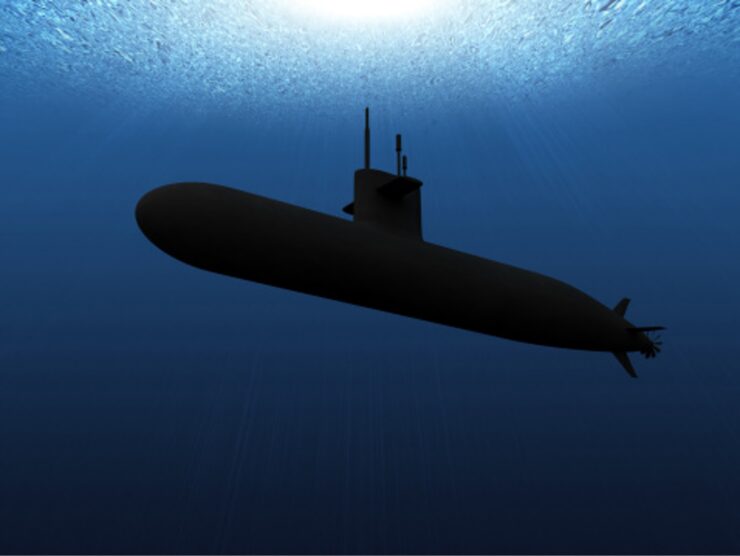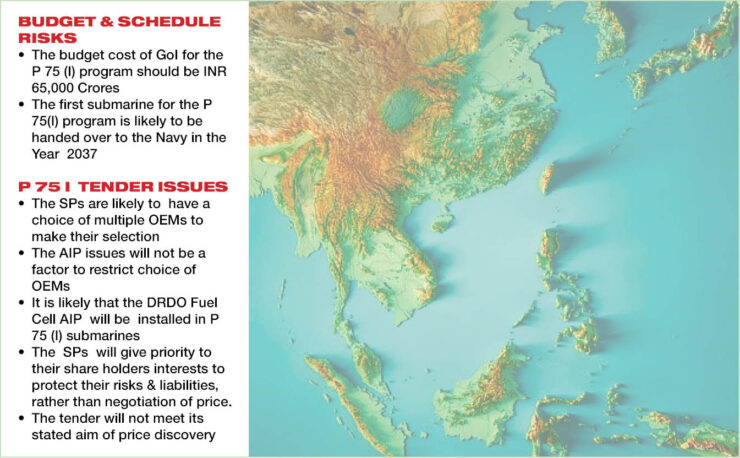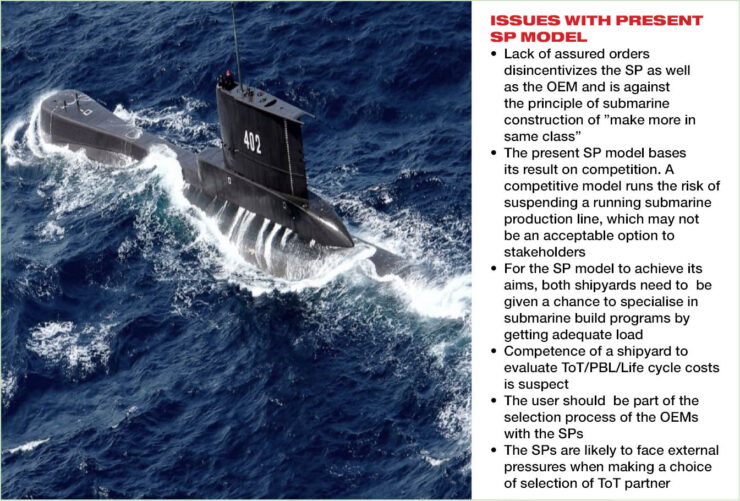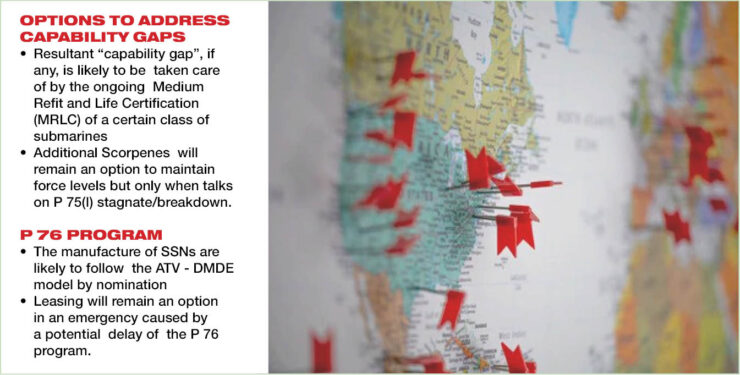

Globally the industry is grappling with change. It comes in the form of adopting industry 4.0 driven technologies, changing economic conditions, changing user preferences, changing regulations or untested policies. Organisations often fail to perceive early signals of change in trends, because they do not fit the mental models of the organisation and are therefore rejected. Exploring the future to recognise change thus becomes an intrinsic part of business intelligence to either retain a competitive advantage or to identify new business opportunities and abandon unprofitable ones. Corporate foresight, can be defined as the capability of an organisation to interpret changes in a business environment and outline and evaluate plausible future, based on these changes.
That’s where corporate war-games come into the picture with its participative and dynamic nature, to predict disruptions to test a strategy. These are usually prefaced by extensive research on the industry in which the war-game is supposed to take place. By applying a war-game mindset to solve real life challenges in businesses, people can see for themselves just how powerfully a war-game can assist in decision making as the participants are free from the real life range of biases which distort or disrupt an objective contemplation of an issue.
Biases in our thought processes can often lead us to unknowingly make unfavourable decisions. We are usually unaware of the biases that can affect our judgment. Some of the most common cognitive biases in real life are confirmation bias, groupthink and optimism bias or overconfidence.
Confirmation bias is when we seek out evidence that confirms our previously held beliefs or views, while discounting or diminishing the impact of evidence in support of differing conclusions. This results in making us closed to new possibilities. Then we have situations where people who speak first in meetings can sway group opinion, which may enable bad ideas to mushroom. Further, in hierarchal organizations’ we are aware that, challenging those above you is not always the fastest way to get promoted. Keeping these facts in mind, a war-game can be an effective hedge as it is conducted in an atmosphere where all are equal and an individual’s predisposition is not an obstacle but an enabler to the decision-making process.
‘Groupthink’ as another form of bias which gets in the way in most corporate settings. This is the tendency of groups to make decisions that preserve the status quo rather than take dissenting opinions into account and can be toxic to teams and organizations’. A perceived sense of loyalty to the organisation requires individuals to avoid raising controversial issues or alternative solutions, and there is a loss of individual creativity, uniqueness, and independent thinking. War-game scenarios have to be suitably framed to nullify group think and therefore need to be well articulated with a viable story, which explains the reasons of the plausible disruption in a realistic manner. To play a successful war-game, the war-game control needs to create an environment where people are more open to exploring risky ideas that deviate from norms and hierarchies and have an open and honest communication. Having external trained and skilled facilitators is key in identifying biases in action and in providing the right guidance.

Fig 1: Relevant findings of Insighteon War-Game on Future Dynamics Influencing Submarine Acquisition by India.
Decision making, especially in government agencies at times suffers from a unique “optimism bias”. Acquisition timelines and costs are quite often stated with an over-confidence, which may not be intentional, but possibly is a result of ‘institutional blind spots’. These are then reconfirmed by industry forums or in panel discussions and webinars, which are actually cherry-picking the results and finding reasons to be thankful for the stated policies or programs. Receiving only positive feedback can result in placing the decision makers in an alternate reality. Thus if a war-game is testing an acquisition policy decision, it is essential that it concentrates on detailed time and space calculations, ensuring that the findings are close to reality rather than a product of ‘collusive optimism.’ A well conducted policy war-game can serve as a critical channel for feedback for the government machinery so that it can make mid track changes as may be required.

Fig 2: Relevant findings of Insighteon War-Game on Future Dynamics Influencing Submarine Acquisition by India
Diversity amongst participants is another must in a war-game, which itself can take care of a range of cognitive biases. Varied perspectives can transcend institutional barriers, share knowledge across domains, and grapple collectively with possibilities, risks, and other uncertainties about the future. A mix of defence personnel, bureaucrats, diplomats, industry leaders, labour unions, international think tanks etc. are therefore essential to bring in new perspectives if the game is being played at a national level.

Fig 3: Relevant findings of Insighteon War-Game on Future Dynamics Influencing Submarine Acquisition by India
On a final note, war-games can be a powerful business tool—but only if you get the scenarios right. Use of realistic data and accurate models are important factors so that the skills developed in the simulation can be transferred for use in the real world. This leads us to conclude that war-games can also be used for up skilling or re skilling of the corporate workforce, where collaboration, communication, decision making, handling ambiguity and problem-solving capability have gained as much importance today, as aspects of digital learning. Thus war-games with the inherent ability to provide online education and training are an important subset in the ongoing re skilling revolution. However, it may be noted, that while war-game results communicate major analytical findings, they cannot replicate the immersive experience of participating in a war-game. The process of assuming a role (particularly one other than your current position) can teach players an immeasurable amount not only about the particular scenario being war gamed, but also about the interests, capabilities, and problems of other stakeholders.

The author is a Co-founder of Insighteon Consulting and has conducted a number of national level war-games








